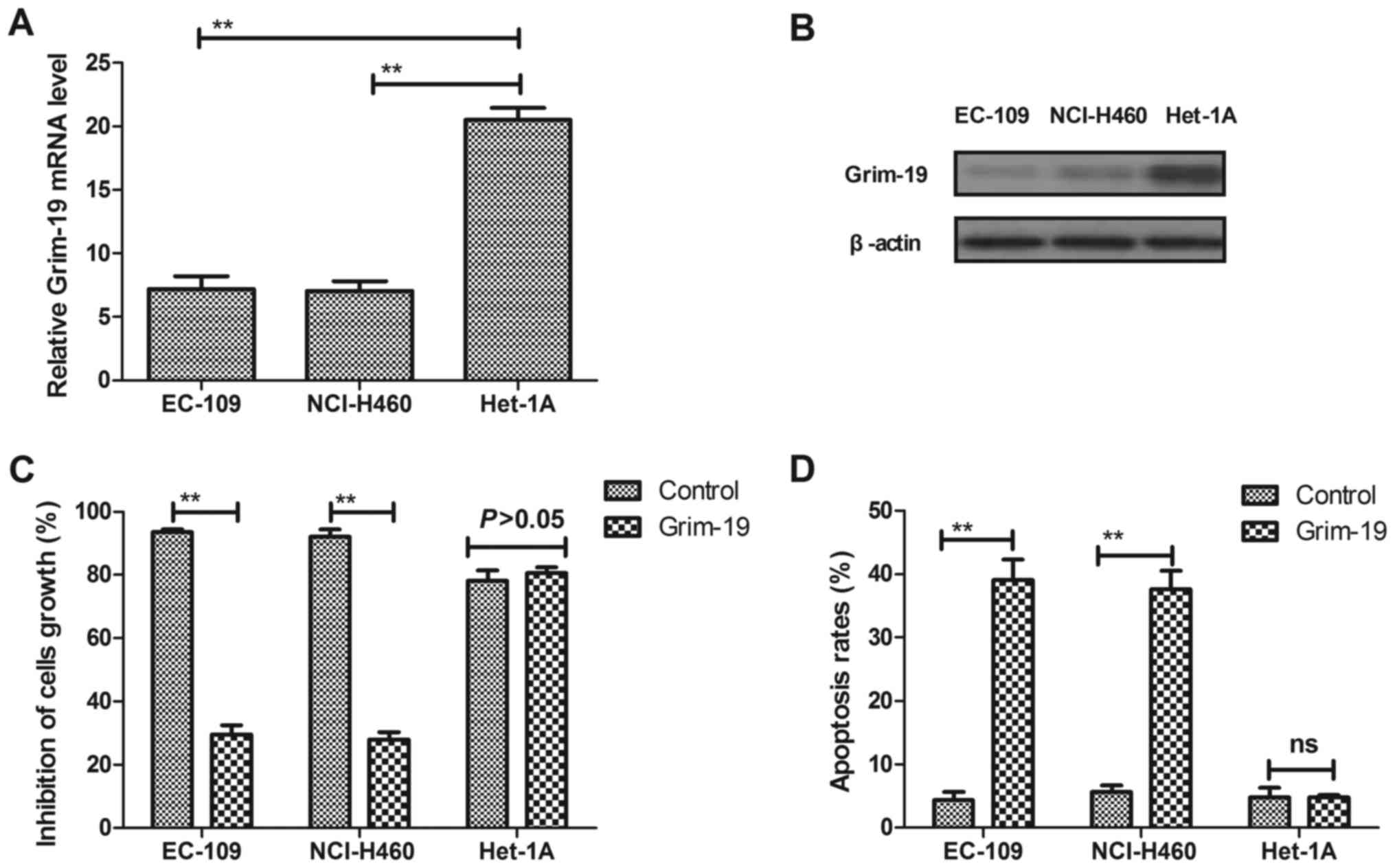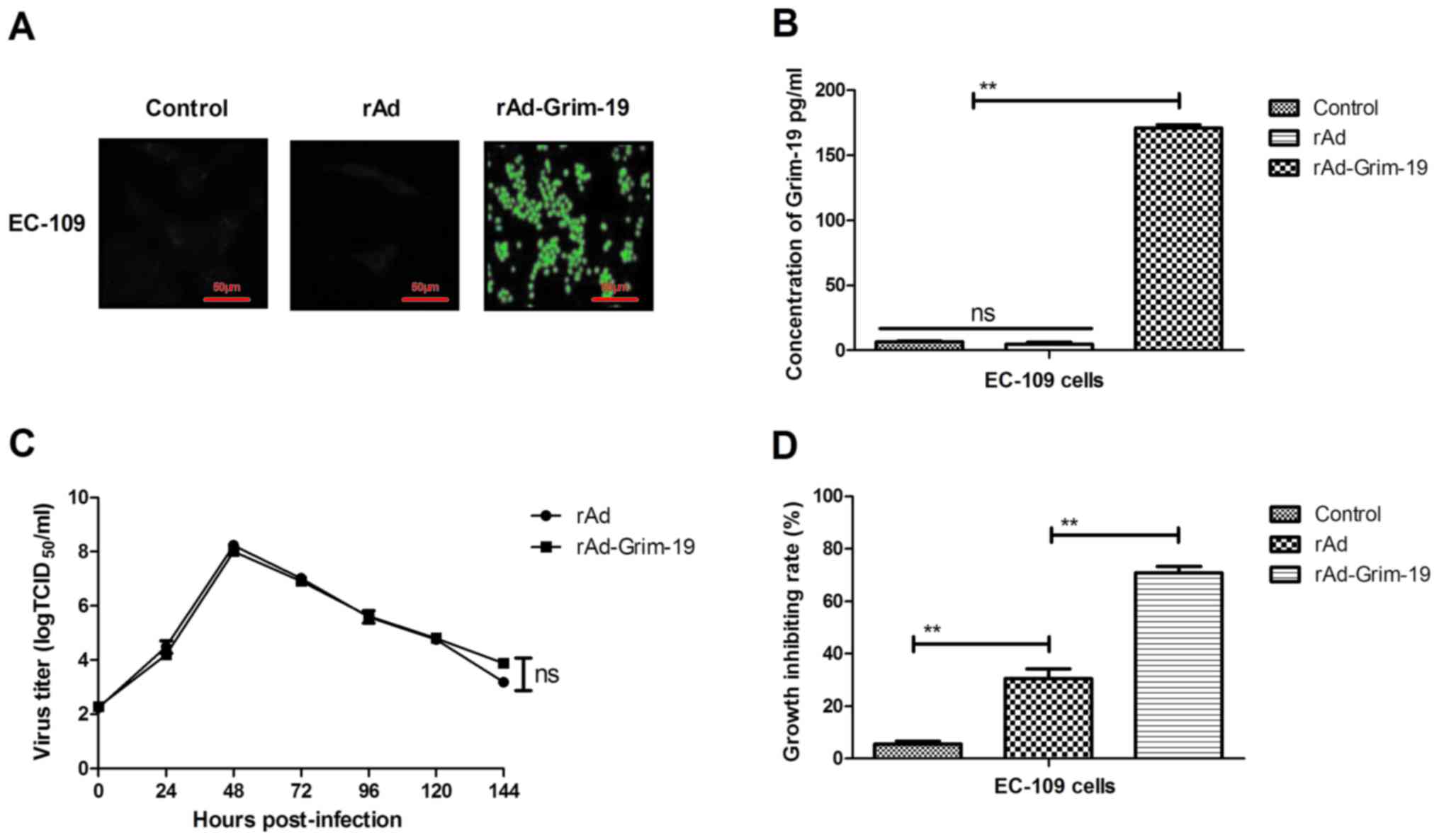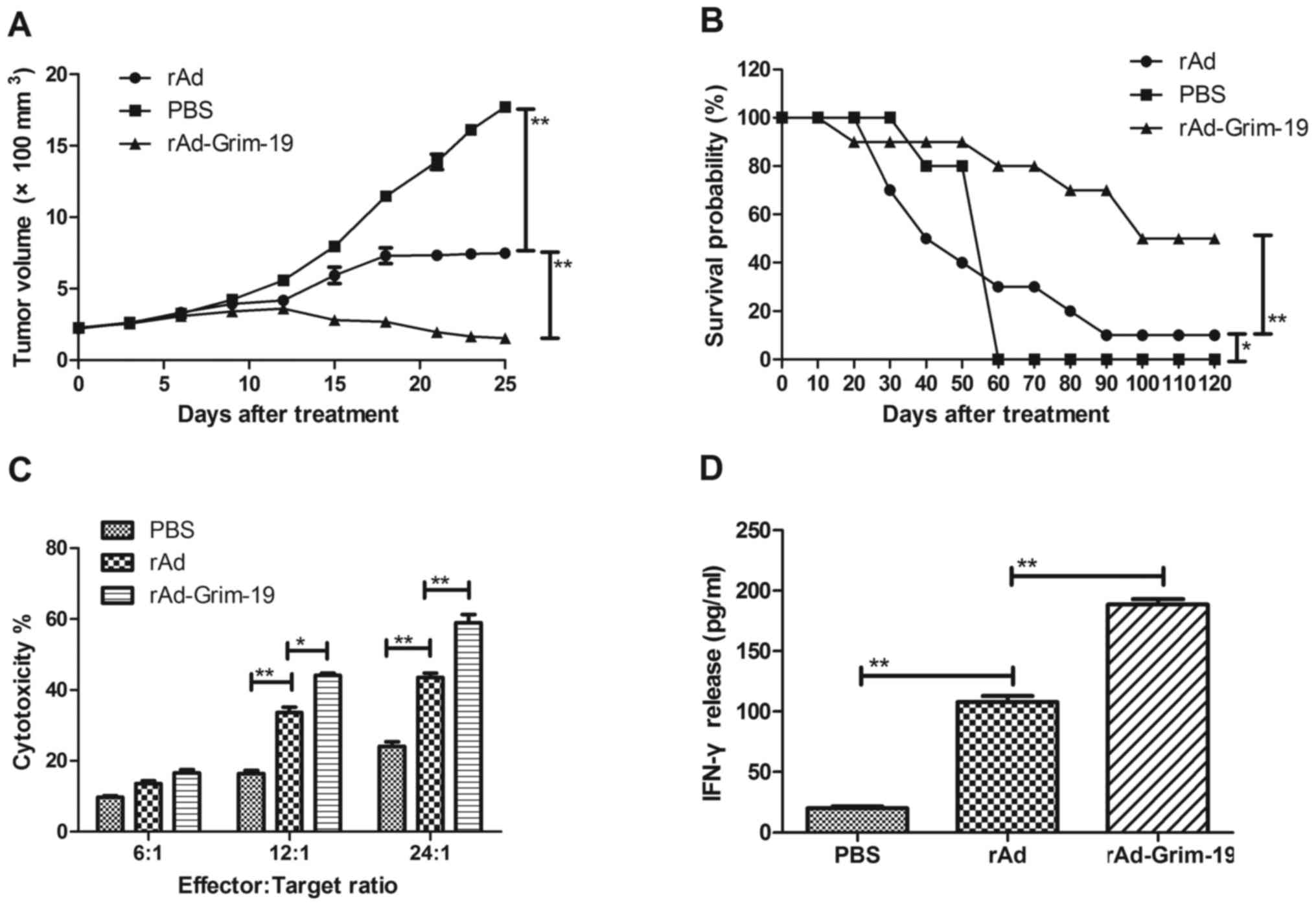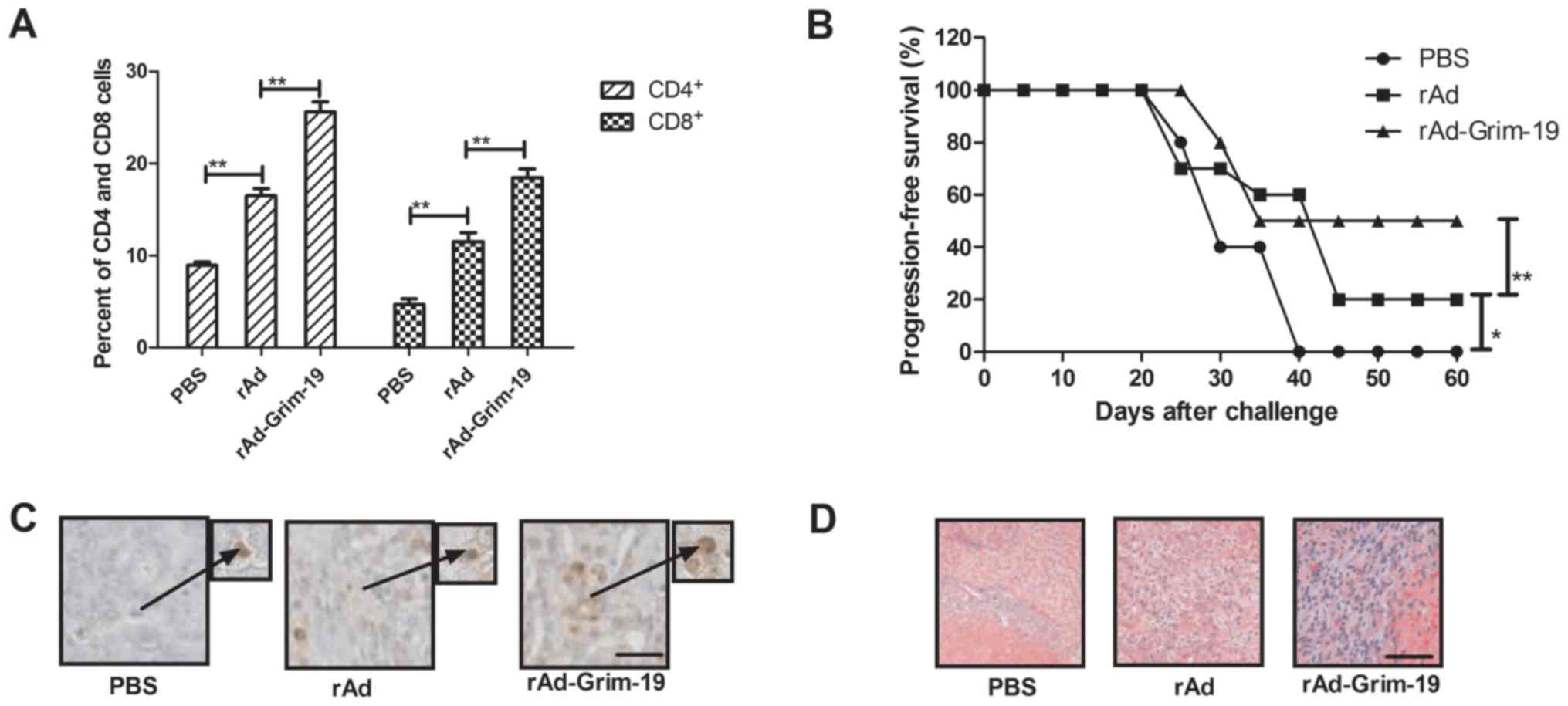|
1
|
Straatman J, Joosten PJ, Terwee CB, Cuesta
MA, Jansma EP and van der Peet DL: Systematic review of
patient-reported outcome measures in the surgical treatment of
patients with esophageal cancer. Dis Esophagus. 29:760–772. 2016.
View Article : Google Scholar : PubMed/NCBI
|
|
2
|
Fahey PP, Mallitt KA, Astell-Burt T, Stone
G and Whiteman DC: Impact of pre-diagnosis behavior on risk of
death from esophageal cancer: A systematic review and
meta-analysis. Cancer Causes Control. 26:1365–1373. 2015.
View Article : Google Scholar : PubMed/NCBI
|
|
3
|
Yodying H, Matsuda A, Miyashita M,
Matsumoto S, Sakurazawa N, Yamada M and Uchida E: Prognostic
significance of neutrophil-to-lymphocyte ratio and
platelet-to-lymphocyte ratio in oncologic outcomes of esophageal
cancer: A systematic review and meta-analysis. Ann Surg Oncol.
23:646–654. 2016. View Article : Google Scholar : PubMed/NCBI
|
|
4
|
Parry K, Ruurda JP, van der Sluis PC and
van Hillegersberg R: Current status of laparoscopic transhiatal
esophagectomy for esophageal cancer patients: A systematic review
of the literature. Dis Esophagus. 30:1–7. 2017.PubMed/NCBI
|
|
5
|
Gong J, Huang Z and Huo JR: Involvement of
F-box proteins in esophageal cancer (Review). Int J Oncol.
48:886–894. 2016. View Article : Google Scholar : PubMed/NCBI
|
|
6
|
Tian X, Zhou JG, Zeng Z, Shuai T, Yi LJ,
Ma L, Wang Y, Cao H and Song GM: Cetuximab in patients with
esophageal cancer: A systematic review and meta-analysis of
randomized controlled trials. Med Oncol. 32:1272015. View Article : Google Scholar : PubMed/NCBI
|
|
7
|
Du D, Song T, Liang X, Fang M and Wu S:
Concurrent chemoradiotherapy with elective lymph node irradiation
for esophageal cancer: A systemic review and pooled analysis of the
literature. Dis Esophagus. 30:1–9. 2017.
|
|
8
|
Goense L, van Rossum PS, Reitsma JB, Lam
MG, Meijer GJ, van Vulpen M, Ruurda JP and van Hillegersberg R:
Diagnostic performance of 18F-FDG PET and PET/CT for the
detection of recurrent esophageal cancer after treatment with
curative intent: A systematic review and meta-analysis. J Nucl Med.
56:995–1002. 2015. View Article : Google Scholar : PubMed/NCBI
|
|
9
|
Chung CS, Lo WC, Lee YC, Wu MS, Wang HP
and Liao LJ: Image-enhanced endoscopy for detection of second
primary neoplasm in patients with esophageal and head and neck
cancer: A systematic review and meta-analysis. Head Neck. 38 Suppl
1:E2343–E2349. 2016. View Article : Google Scholar : PubMed/NCBI
|
|
10
|
Koo J, Wang X, Owonikoko TK, Ramalingam
SS, Khuri FR and Sun SY: GSK3 is required for rapalogs to induce
degradation of some oncogenic proteins and to suppress cancer cell
growth. Oncotarget. 6:8974–8987. 2015. View Article : Google Scholar : PubMed/NCBI
|
|
11
|
Bahlawane C, Eulenfeld R, Wiesinger MY,
Wang J, Muller A, Girod A, Nazarov PV, Felsch K, Vallar L, Sauter
T, et al: Constitutive activation of oncogenic PDGFRα-mutant
proteins occurring in GIST patients induces receptor
mislocalisation and alters PDGFRα signalling characteristics. Cell
Commun Signal. 13:212015. View Article : Google Scholar : PubMed/NCBI
|
|
12
|
Hakimi R: Treatment of a questionable
prostate carcinoma recurrence with oncolytic viruses, dendritic
cells and heat shock proteins in established naturopathy practice.
Versicherungsmedizin. 64:87–88. 2012.(In German). PubMed/NCBI
|
|
13
|
Kalakonda S, Nallar SC, Jaber S, Keay SK,
Rorke E, Munivenkatappa R, Lindner DJ, Fiskum GM and Kalvakolanu
DV: Monoallelic loss of tumor suppressor GRIM-19 promotes
tumorigenesis in mice. Proc Natl Acad Sci USA. 110:pp. E4213–E4222.
2013; View Article : Google Scholar : PubMed/NCBI
|
|
14
|
Wen LJ, Gao LF, Jin CS, Zhang HJ, Ji K,
Yang JP, Zhao XJ, Wen MJ and Guan GF: Small interfering RNA
survivin and GRIM-19 co-expression salmonella plasmid inhibited the
growth of laryngeal cancer cells in vitro and in
vivo. Int J Clin Exp Pathol. 6:2071–2081. 2013.PubMed/NCBI
|
|
15
|
Li M, Li Z, Liang C, Han C, Huang W and
Sun F: Upregulation of GRIM-19 suppresses the growth of oral
squamous cell carcinoma in vitro and in vivo. Oncol
Rep. 32:2183–2190. 2014. View Article : Google Scholar : PubMed/NCBI
|
|
16
|
Kalakonda S, Nallar SC, Lindner DJ, Sun P,
Lorenz RR, Lamarre E, Reddy SP and Kalvakolanu DV: GRIM-19
mutations fail to inhibit v-Src-induced oncogenesis. Oncogene.
33:3195–3204. 2014. View Article : Google Scholar : PubMed/NCBI
|
|
17
|
Cheng Y, Zhang HY, Zhou Y, Tao F and Yu
YH: Decreased expression of GRIM-19 and its association with
high-risk HPV infection in cervical squamous intraepithelial
neoplasias and cancer. Clin Invest Med. 37:E77–E84. 2014.
View Article : Google Scholar : PubMed/NCBI
|
|
18
|
Zou W, Luo C, Zhang Z, Liu J, Gu J, Pei Z,
Qian C and Liu X: A novel oncolytic adenovirus targeting to
telomerase activity in tumor cells with potent. Oncogene.
23:457–464. 2004. View Article : Google Scholar : PubMed/NCBI
|
|
19
|
Li G, Jiang P, Li Y, Wang X, Huang J, Du Y
and Zeshan B: Effective suppression of replication of porcine
reproductive and respiratory syndrome virus by adenovirus-mediated
small interfering RNAs targeting ORF1b, 5 and 7 genes. J Virol
Methods. 157:40–46. 2009. View Article : Google Scholar : PubMed/NCBI
|
|
20
|
Hernández-Alcoceba R, Sangro B and Prieto
J: Gene therapy of liver cancer. Ann Hepatol. 6:5–14.
2007.PubMed/NCBI
|
|
21
|
Woodger T: Restrainers in laboratory
animal research. Lab Anim (NY). 45:310–311. 2016. View Article : Google Scholar : PubMed/NCBI
|
|
22
|
Tomioka R: Expression of EGFP by
adenovirus-mediated gene transfer in the central nervous system.
Methods Mol Biol. 515:97–106. 2009. View Article : Google Scholar : PubMed/NCBI
|
|
23
|
Yan F, Zheng Y and Huang L:
Adenovirus-mediated combined anti-angiogenic and pro-apoptotic gene
therapy enhances antitumor efficacy in hepatocellular carcinoma.
Oncol Lett. 5:348–354. 2013. View Article : Google Scholar : PubMed/NCBI
|
|
24
|
Livak KJ and Schmittgen TD: Analysis of
relative gene expression data using real-time quantitative PCR and
the 2(-Delta Delta C(T)) method. Methods. 25:402–408. 2001.
View Article : Google Scholar : PubMed/NCBI
|
|
25
|
Chan YS, Wong JH, Fang EF, Pan W and Ng
TB: Isolation of a glucosamine binding leguminous lectin with
mitogenic activity towards splenocytes and anti-proliferative
activity towards tumor cells. PLoS One. 7:e389612012. View Article : Google Scholar : PubMed/NCBI
|
|
26
|
Bustos-Valenzuela JC, Halcsik E, Bassi EJ,
Demasi MA, Granjeiro JM and Sogayar MC: Expression, purification,
bioactivity, and partial characterization of a recombinant human
bone morphogenetic protein-7 produced in human 293T cells. Mol
Biotechnol. 46:118–126. 2010. View Article : Google Scholar : PubMed/NCBI
|
|
27
|
Greaves MF and Brown G: Purification of
human T and B lymphocytes. J Immunol. 112:420–423. 1974.PubMed/NCBI
|
|
28
|
Zamarin D, Vigil A, Kelly K, Garcia-Sastre
A and Fong Y: Genetically engineered Newcastle disease virus for
malignant melanoma therapy. Gene Ther. 16:796–804. 2009. View Article : Google Scholar : PubMed/NCBI
|
|
29
|
Jang BI and Hwang MJ: Do esophageal
squamous cell carcinoma patients have an increased risk of
coexisting colorectal neoplasms? Gut Liver. 10:6–7. 2016.
View Article : Google Scholar : PubMed/NCBI
|
|
30
|
Law S and Wong J: Lymph node dissection in
surgical treatment of esophageal neoplasms. Surg Oncol Clin N Am.
16:115–131. 2007. View Article : Google Scholar : PubMed/NCBI
|
|
31
|
Almhanna K, Hoffe S, Strosberg J,
Dinwoodie W, Meredith K and Shridhar R: Concurrent
chemoradiotherapy with protracted infusion of 5-fluorouracil (5-FU)
and cisplatin for locally advanced resectable esophageal cancer. J
Gastrointest Oncol. 6:39–44. 2015.PubMed/NCBI
|
|
32
|
Cottreau J, Gruchy S, Kamionek M, Lauwers
GY and Arnason T: Prevalence of oesophageal epidermoid metaplasia
in 1048 consecutive patients and 58 patients with squamous
neoplasms. Histopathology. 68:988–995. 2016. View Article : Google Scholar : PubMed/NCBI
|
|
33
|
Aksel' EM, Davydov MI and Ushakova TI:
Statistics of lung, stomach and esophageal cancer: Status of
oncological care, morbidity and mortality. Vestn Ross Akad Med
Nauk. 61–65. 2001.(In Russian).
|
|
34
|
Kalakonda S, Nallar SC, Lindner DJ, Hu J,
Reddy SP and Kalvakolanu DV: Tumor-suppressive activity of the cell
death activator GRIM-19 on a constitutively active signal
transducer and activator of transcription 3. Cancer Res.
67:6212–6220. 2007. View Article : Google Scholar : PubMed/NCBI
|
|
35
|
Gortat A, San-Roman MJ, Vannier C and
Schmidt AA: Single point mutation in Bin/Amphiphysin/Rvs (BAR)
sequence of endophilin impairs dimerization, membrane shaping, and
Src homology 3 domain-mediated partnership. J Biol Chem.
287:4232–4247. 2012. View Article : Google Scholar : PubMed/NCBI
|
|
36
|
Kalakonda S, Nallar SC, Gong P, Lindner
DJ, Goldblum SE, Reddy SP and Kalvakolanu DV: Tumor suppressive
protein gene associated with retinoid-interferon-induced mortality
(GRIM)-19 inhibits src-induced oncogenic transformation at multiple
levels. Am J Pathol. 171:1352–1368. 2007. View Article : Google Scholar : PubMed/NCBI
|
|
37
|
Sinkovics JG and Horvath JC: Natural and
genetically engineered viral agents for oncolysis and gene therapy
of human cancers. Arch Immunol Ther Exp (Warsz). 56 Suppl 1:3S–59S.
2008. View Article : Google Scholar : PubMed/NCBI
|
|
38
|
Zhang MM, Yan LN, Li DH, Gou XH, Liu JW,
Su Z, Han L and Zhao LY: Inhibition of adenovirus-mediated gene
transfer of antisense matrix metalloproteinase-2 on hepatocellular
carcinoma growth in vivo. Zhonghua Gan Zang Bing Za Zhi.
13:671–674. 2005.(In Chinese). PubMed/NCBI
|
|
39
|
Alchanati I, Nallar SC, Sun P, Gao L, Hu
J, Stein A, Yakirevich E, Konforty D, Alroy I, Zhao X, et al: A
proteomic analysis reveals the loss of expression of the cell death
regulatory gene GRIM-19 in human renal cell carcinomas. Oncogene.
25:7138–7147. 2006. View Article : Google Scholar : PubMed/NCBI
|
|
40
|
Chidambaram NV, Angell JE, Ling W, Hofmann
ER and Kalvakolanu DV: Chromosomal localization of human GRIM-19, a
novel IFN-beta and retinoic acid-activated regulator of cell death.
J Interferon Cytokine Res. 20:661–665. 2000. View Article : Google Scholar : PubMed/NCBI
|
|
41
|
Zhang XY, Li M, Sun K, Chen XJ, Meng J, Wu
L, Zhang P, Tong X and Jiang WW: Decreased expression of GRIM-19 by
DNA hypermethylation promotes aerobic glycolysis and cell
proliferation in head and neck squamous cell carcinoma. Oncotarget.
6:101–115. 2015.PubMed/NCBI
|
|
42
|
Chao L, Wang X, Yang Y, Cui W, Xu J, Chen
H, Hao A and Deng X: Downregulation of gene expression and activity
of GRIM-19 affects mouse oocyte viability, maturation, embryo
development and implantation. J Assist Reprod Genet. 32:461–470.
2015. View Article : Google Scholar : PubMed/NCBI
|


















